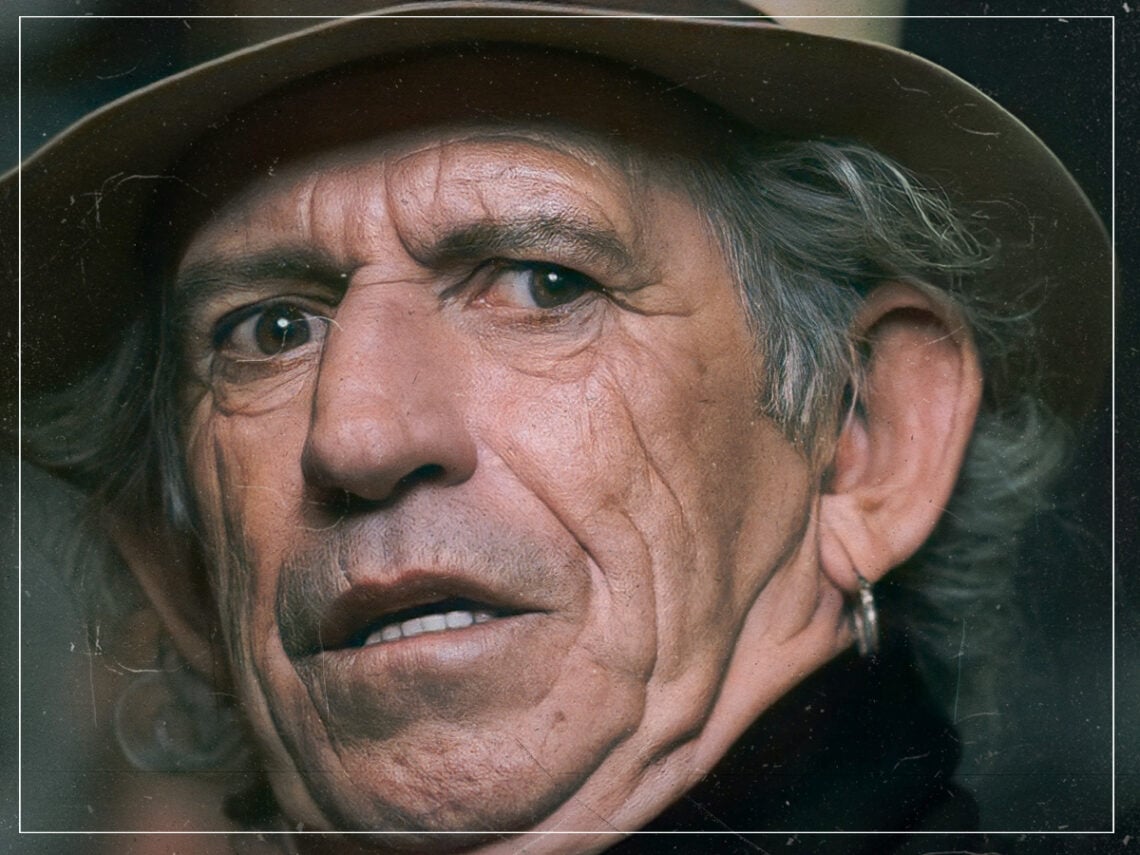The Lennon-McCartney songwriting partnership is one of the most successful music collaborations in the industry, if not the most successful. Certainly well known and internationally acclaimed, John Lennon and Paul McCartney are jointly accredited for creating the majority of the Beatles’ beloved discography with about 180 published songs under their names. One song to emerge from the prolific Lennon-McCartney alliance is the hit single, “Hey Jude.”
The pop-rock song emerged during the recording sessions for the Beatles’ self-titled album more commonly known as the “White Album,” and plays for an impressive seven minutes and eleven seconds. More specifically, “Hey Jude” was officially released in August of 1968 during a period of personal turmoil for the band. Lennon had just left his wife, Cynthia Powell, for Yoko Ono who he would later marry in 1969, which caused upheaval within the Beatles as well as Lennon’s family.
McCartney, witnessing this emotional shift in his partner’s life, began to write “Hey Jude” for Lennon’s son, Julian Lennon. “I started with the idea ‘Hey Jules,’ which was Julian, don’t make it bad, take a sad song and make it better. Hey, try and deal with this terrible thing. I knew it was not going to be easy for him. I always feel sorry for kids in divorces,” McCartney is recorded to have said in a 1997 biography written by Barry Miles.
Knowing the meaning behind the lyrics, it becomes apparent who McCartney is addressing. And anytime you feel the pain, hey Jude, refrain, / Don’t carry the world upon your shoulders. / For well you know that it’s a fool who plays it cool / By making his world a little colder, McCartney sings.
With familial kindness, the lyrics of “Hey Jude” comfort Lennon’s young son and remind him that love is not something to fear. Hey Jude, don’t let me down. / You have found her, now go and get her. / Remember to let her into your heart, / Then you can start to make it better, McCartney continues to sing to Julian.
The Beatles’ ballad was originally titled “Hey Jules” to more directly address Julian, but McCartney later changed the song to “Hey Jude” to fit the sonic direction.
Lennon, on the other hand, first believed that his partner wrote the song for him. “If you think about it… Yoko’s just come into the picture. [McCartney]’s saying, ‘Hey, Jude–Hey, John.’ I know I’m sounding like one of those fans who reads things into it, but you can hear it as a song to me. The words ‘Go out and get her’–subconsciously he was saying, Go ahead, leave me. On a conscious level, he didn’t want me to go ahead,” Lennon said in an interview with David Sheff.
With either interpretation of the classic anthem, “Hey Jude” remains a shining masterpiece from the Lennon-McCartney era. The track was certified Gold by the Recording Industry Association of American (RIAA) in September of 1968 after topping the charts. “Hey Jude” was also been dubbed one of the “500 Songs That Shaped Rock & Roll” by the Rock & Roll Hall Fame in 2004.
McCartney continued to play “Hey Jude” during his 1989-90 world tour after Lennon’s murder in 1980 and at the closing of the 2012 Summer Olympics in London. Additionally, Elvis Presley covered the track which appeared on his 1972 album Elvis Now.
Overall, “Hey Jude” is a Beatles track that not only topped the charts but embodies the personal and professional emotion found within the hearts of one of music’s most beloved quartets.



